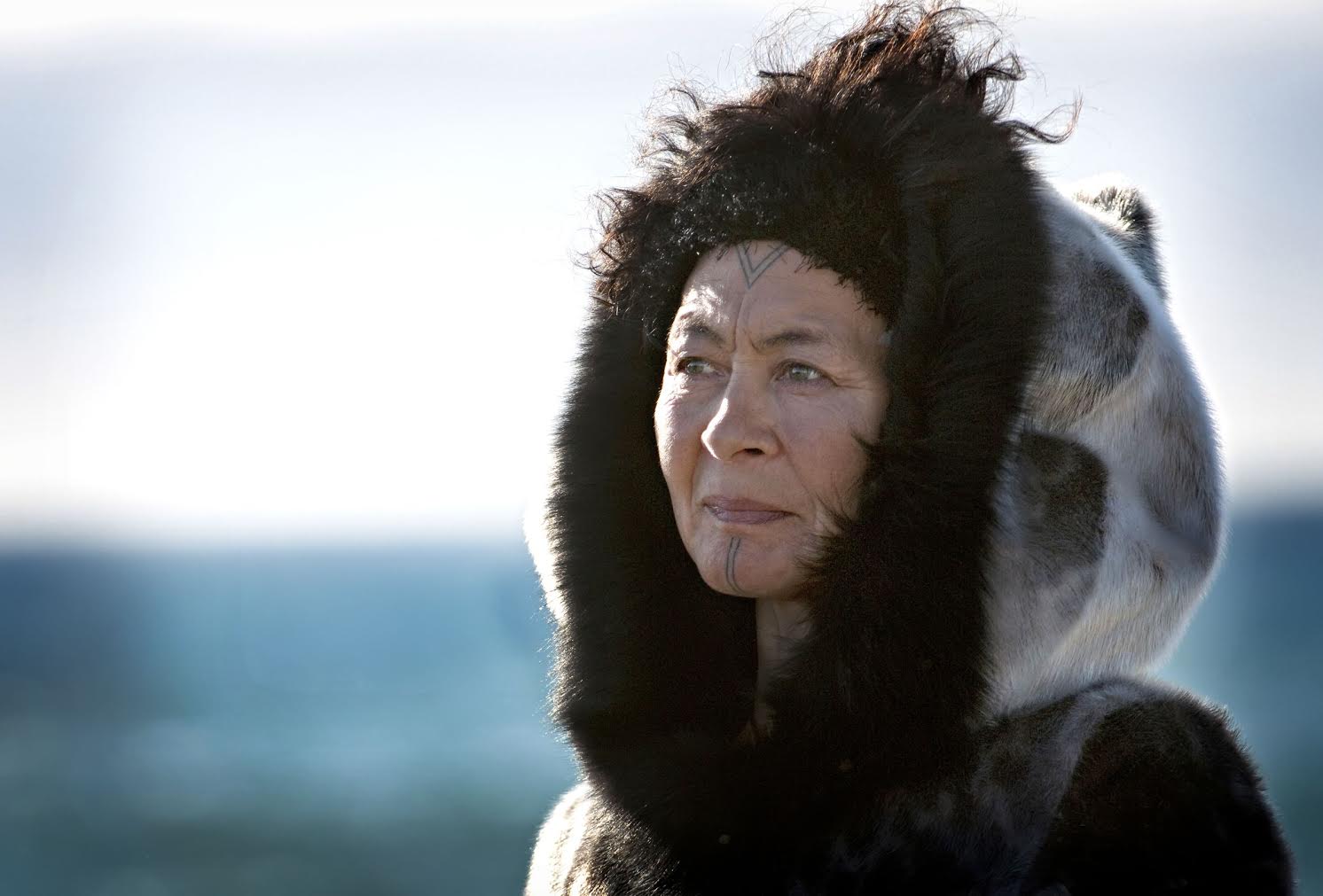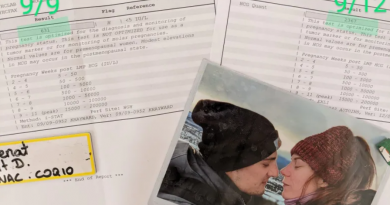Reinstilling pride in the Inuit seal hunt

This month, Inuit launched a new offensive in their battle against the EU seal ban.
The 2009 EU law bans the import of seal products in the European Union.
The policy had an immediate and devastating effect on Inuit and indigenous communities around the circumpolar world.
Despite an Inuit exemption in the the law, the political and public rhetoric around the law, effectively killed the market for seal products, whether they were produced by Inuit or not.
Inuit Sila, an organization that represented Inuit hunters in Greenland, established itself as an NGO on October 1, 2015 to represent Inuit seal hunters all across the Arctic,.
It’s a move they hope will allow them to better fight the EU ban and the ongoing negative consequences it’s having on indigenous Arctic communities.
Related stories from around the North:
Canada: Nunavut gets EU exemption for seal products, Eye on the Arctic
Finland: Sámi politician calls Finland “racist country”, Yle News
Greenland: Inuit launch new offensive against seal ban, Eye on the Arctic
Norway: Norway visa rules worry indigenous peoples, Barents Observer
Sweden: Sami demand rights as indigenous people, Radio Sweden
Russia: Russia brands Arctic indigenous organization as “foreign agent”, Barents Observer
United States: Arctic conference spotlights indigenous issues, Alaska Dispatch News



